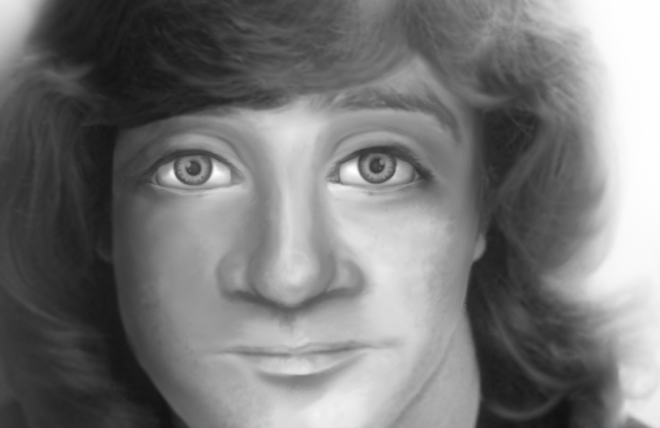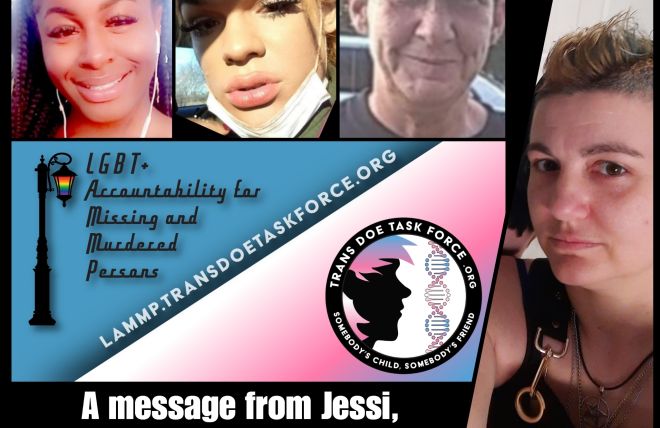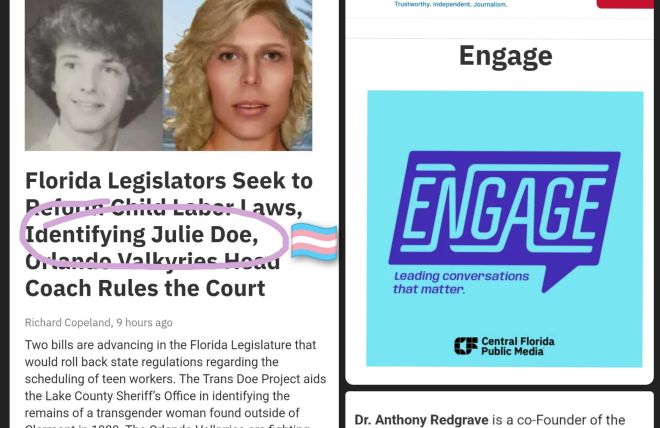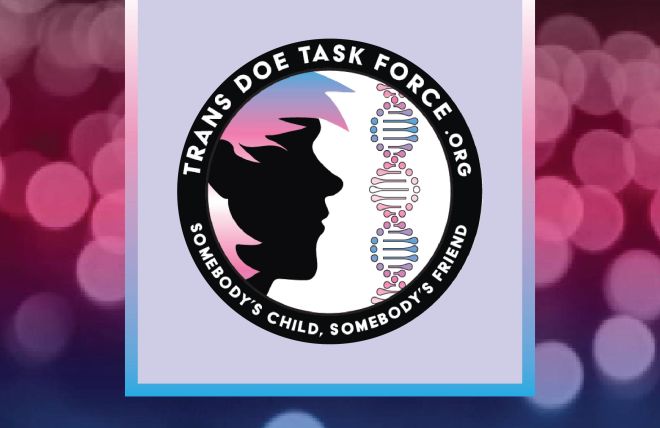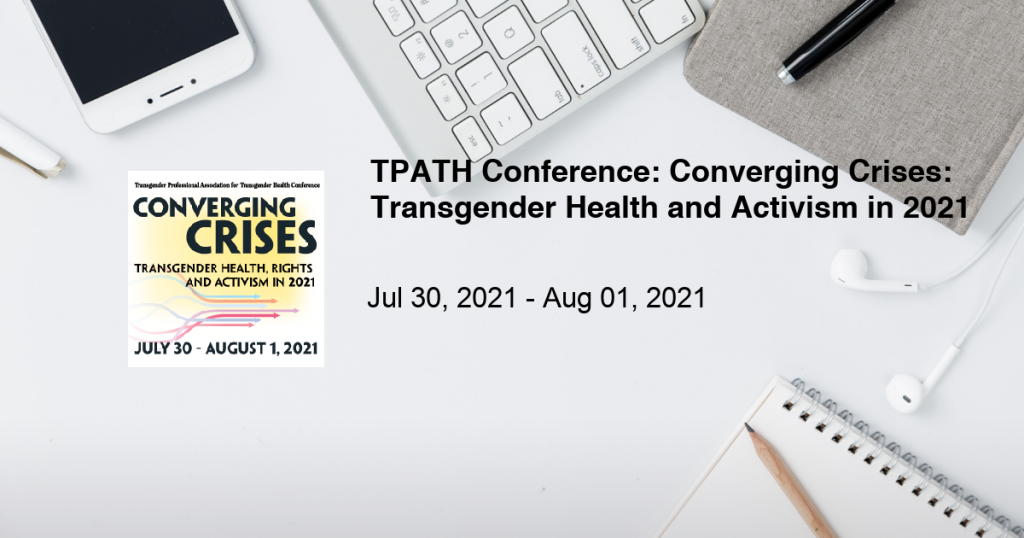
Virtual Event July 30 to August 1 2021
The Trans Doe Task Force will be presenting a talk at the Transgender Professional Association for Transgender Health (TPATH)‘s annual conference. We will be in the section entitled “Resisting Institutional Violence” alongside three other presenters addressing similar topics. Read more about the conference and register to attend! All presenters of the conference are transgender and nonbinary professionals discussing issues related to transgender health.
Learn more and register to attend
Trans Doe Task Force and Postmortem Harm Reduction: Caring for Unidentified Transgender, Nonbinary and Intersex Decedents / Grupo de trabajo sobre cadáveres trans no reconocidos y reducción de daños postmortem: cuidando a lxs fallecidxs trans, no binaries
Sunday, August 1 1:15 PM EST
Abstract:
In this presentation, we will explore ways in which current standards in forensic human identification do a disservice to people who do not clearly fit the gender binary. We will outline ways in which professionals in forensics-adjacent fields and media can implement harm reduction strategies in their own work as well as assist the Trans Doe Task Force in our mission to advocate for and appropriately identify the unknown dead in our community.
Gender-variant people face a disproportionately high incident of hate violence, fatal violence, and suicide in the U.S. Violence against transgender women of color is rising at an alarming rate. The American Medical Association referred to the homicide rate of transgender victims as an epidemic. Approximately three out of four Transgender decedents are misgendered in initial police or media reports surrounding their death. Databases for reporting missing, murdered, and unidentified people are not designed to be gender-inclusive. In order to advocate for health and rights in an holistic manner, we must reform the treatment of Transgender, non-binary and intersex individuals in death as well as in life.
We propose a gender-expansive approach to human identification by combing missing and unidentified databases looking for contextual clues such as decedents wearing clothing culturally coded to a gender other than their assigned sex. We maintain our own database of missing and unidentified people who we have determined may be Transgender or gender-variant, as most current database systems do not permit comparison of missing to unidentified across different binary sex categories. We engage directly with the wider forensic science community to explore ways to dismantle damaging and ineffective practices in the investigative process. We also reach out to law enforcement departments which may have cases involving a gender-variant decedent and offer our services as forensic genetic genealogists.
Through this presentation, we will challenge the audience to consider ways in which they can work within their own field to reduce harm to Transgender and gender-variant decedents to combat this crisis and encourage a Trans-led reform to a system that routinely deprioritizes LGBTQ+ victims and misidentifies the missing, murdered, and even the unidentified.
